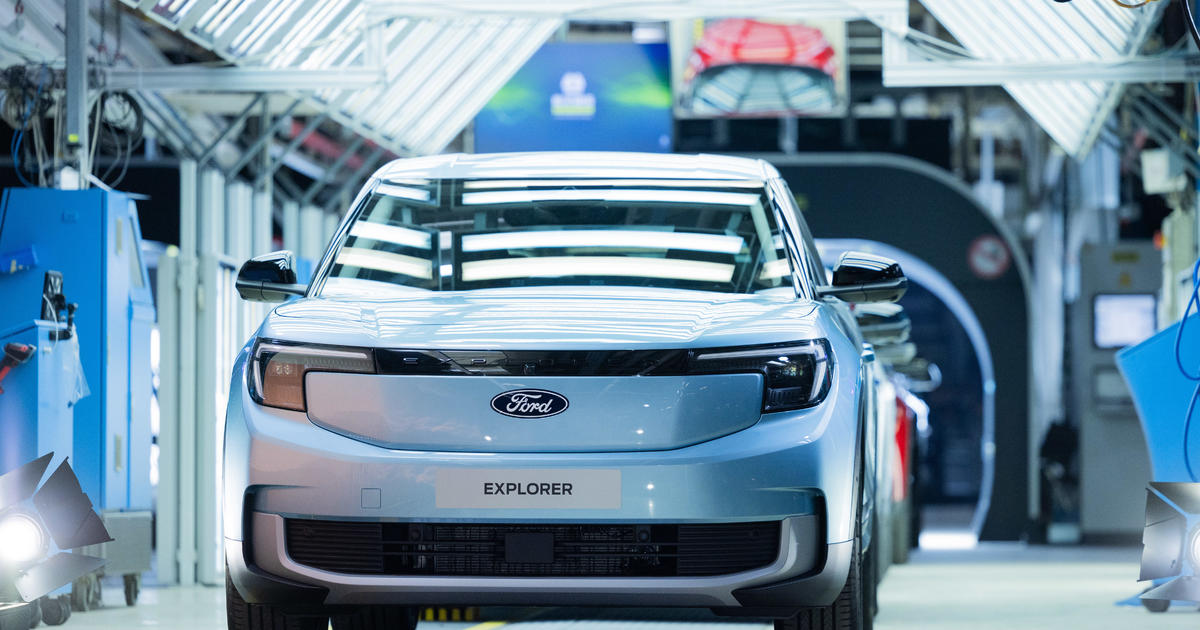Ford Motor Co. is scrapping plans for a three-row all-electric sport-utility vehicle, saying that it will instead focus on manufacturing hybrids. The shift comes as consumers are growing cooler toward EVs, and instead are expressing more enthusiasm for other types of fuel-efficient vehicles.
The Dearborn, Michigan-based automaker said Wednesday its new plan is designed to “speed customer adoption” of more affordable vehicles with longer ranges, amid softening demand for EVs. Ford said it plans to develop a new family of three-row electrified SUVs that will include hybrid technologies.
According to AAA, nearly two-thirds of potential car buyers said they were unlikely to purchase an EV for their next vehicle. The vehicles are pricier than their gas counterparts, and can give drivers range anxiety, or the fear their EV might run out of juice before they can reach a charging station.
With sales of EVs softening, the national average price for a new EV has slipped 9% to $55,252 from 2023, according to Kelley Blue Book.
“We learned a lot as the No. 2 U.S. electric vehicle brand about what customers want and value, and what it takes to match the best in the world with cost-efficient design, and we have built a plan that gives our customers maximum choice and plays to our strengths,” Ford CEO Jim Farley said in a statement Wednesday.
Ford also announced plans to launch an electric commercial van in 2026, plus two new pickup trucks in 2026, in addition to other vehicles. Ford has pledged to manufacture vehicles that generate lower levels of carbon dioxide emissions.
Ford cited stiff competition in the EV market from Chinese automakers, as well as EV consumers’ price sensitivity, as reasons for the pivot.
“In addition, today’s electric vehicle consumers are more cost-conscious than early adopters, looking to electric vehicles as a practical way to save money on fuel and maintenance, as well as time by charging at home,” the company said in a statement. “This, coupled with scores of new electric vehicle choices hitting the market over the next 12 months and rising compliance requirements, has amplified pricing pressures.”
The company said it will take a non-cash charge of $400 million for writing down the value of manufacturing equipment designed to build the scrapped electric, three-row SUV. It may also face additional expenses of up to $1.5 billion for its shift away from EVs, it added.

